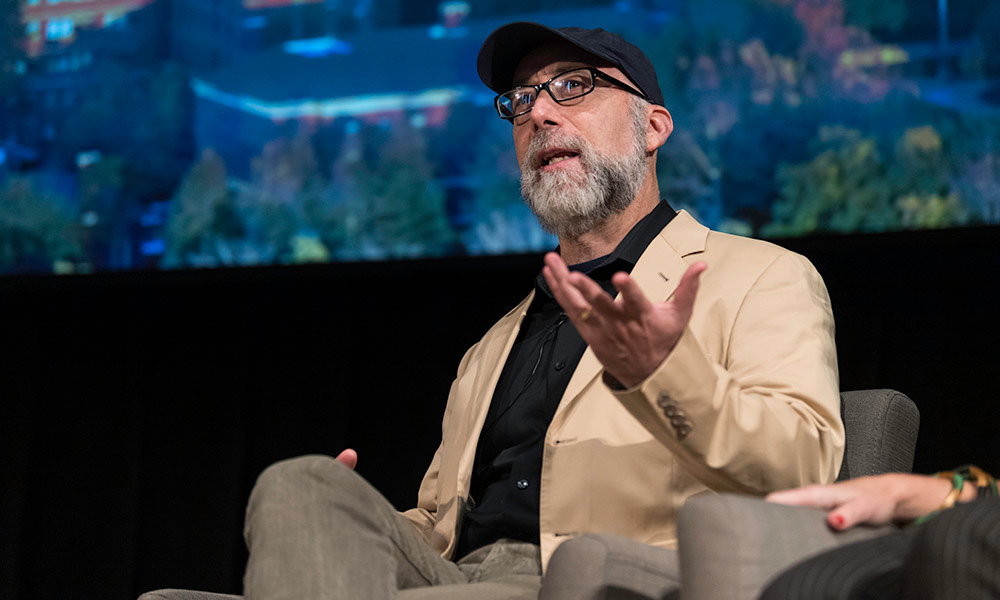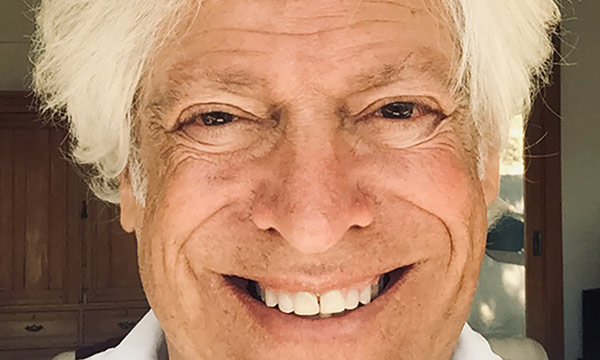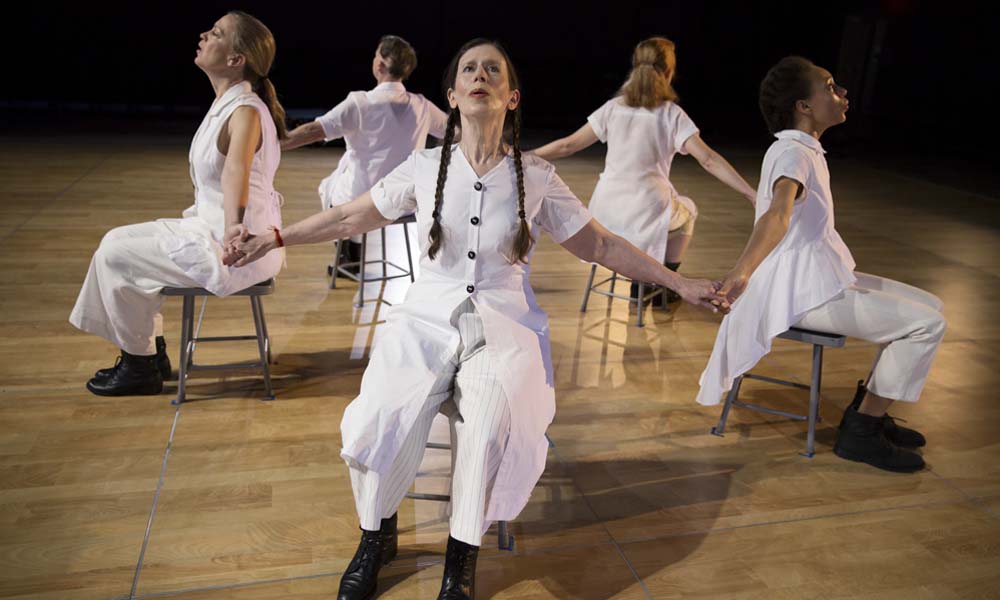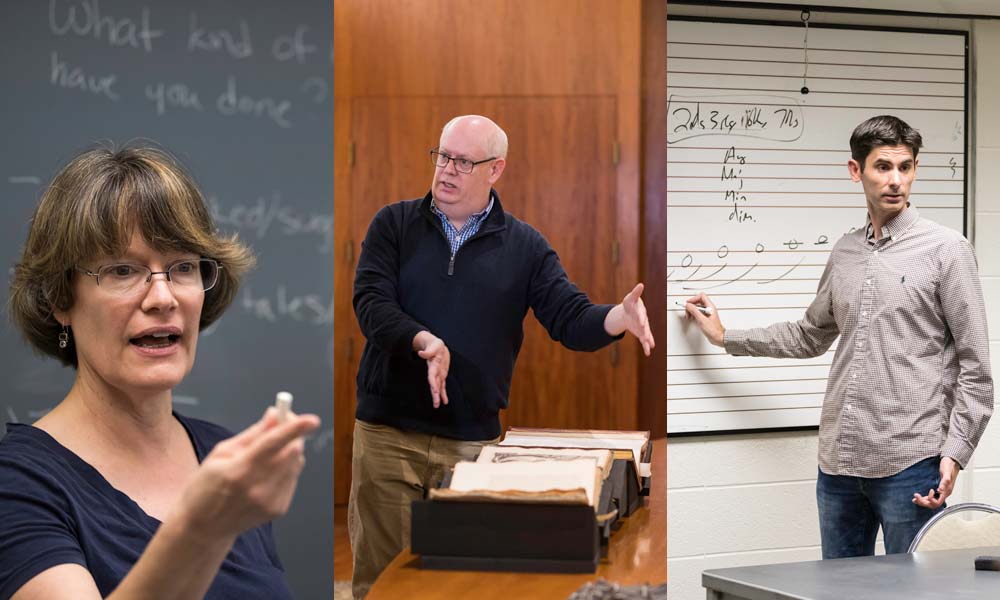
Society & Culture
How much do we lie when sex is on the brain?
November 1, 2019
A new study shows the extent to which people will change their own opinions to conform to a stranger's, or lie about their number of past sexual partners, when the sexual systems of the brain have been activated.









